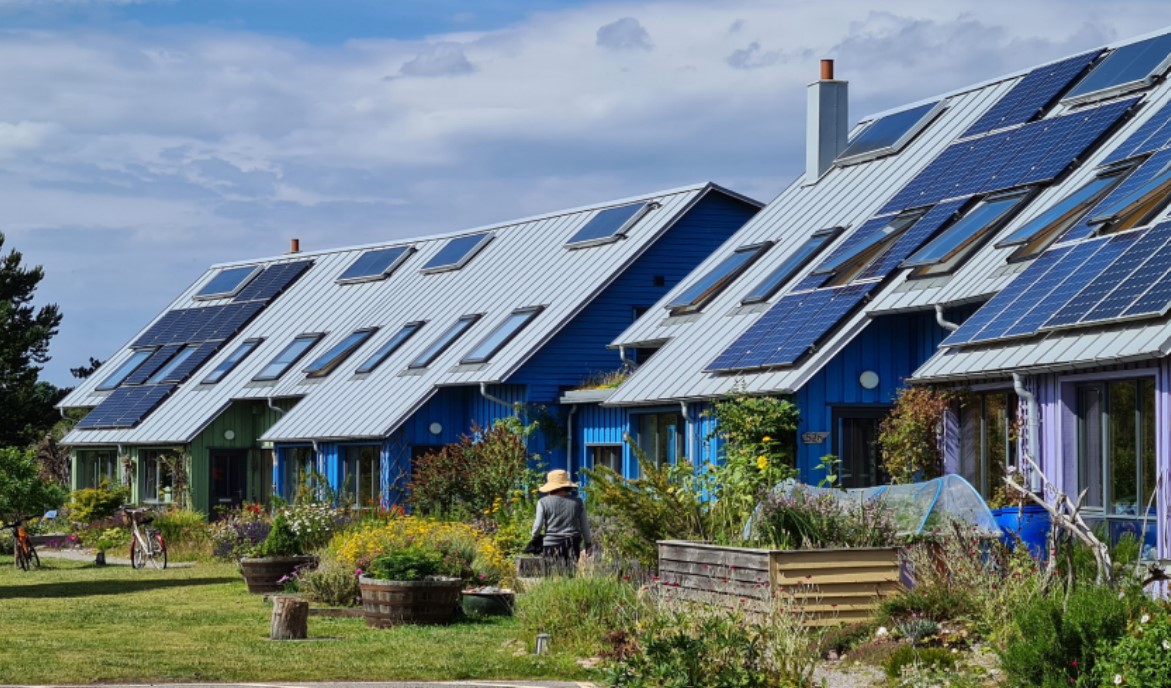IPCC Sixth Assessment Report: Mitigation of climate change

The Intergovernmental Panel on Climate Change (IPCC) released its Sixth Assessment Report - Climate Change 2022: Mitigation of Climate Change on 4 April 2022. The report provides an updated global assessment of climate change mitigation progress and pledges, and examines the sources of global emissions. It explains developments in emission reduction and mitigation efforts. The report has around 3000 pages and contains also a Technical Summary and a Summary for Policymakers. It is the third part of the Sixth Assessment Report (after the Physical Science Basis and Impacts, Adaptation and Vulnerability) that deals with climate change.
“Climate change is the result of more than a century of unsustainable energy and land use, lifestyles and patterns of consumption and production,” said Jim Skea, Co-Chair of the Working Group III of the IPCC. “This report shows how taking action now can move us towards a fairer, more sustainable world”. The report contains the signs of progress in the field of mitigating climate change, e.g. the slowing rate of global greenhouse gas (GHG) emissions growth in recent years, the rapid progress of multiple low-carbon electricity generation and storage technologies, as well as continuing challenges. It also brings attention to the Sustainable Development Goals, as climate action is critical to sustainable development. The report analyses the relation between GHG emissions per capita and the development level, to establish a Sustainable Development Pathways and Sustainable Development Corridor.
The document proposes various strategies to mitigate climate change, according to the rule Avoid - Shift - Improve. The document emphasises that rapid, deep cuts in emissions across all sectors are essential and proposes changes in various areas, including urbanisation (e.g. low-carbon cities with well-organised public transport), energetics (substantial reduction in fossil fuels, improving energy efficiency), industry (modes of reducing emissions), as well as everyday life (change of the diet). As stated in the report, we have options in all sectors to at least halve emissions by 2030.
According to the IPCC Chair Hoesung Lee, “We are at a crossroads. The decisions we make now can secure a liveable future. We have the tools and know-how required to limit warming”. The next few years will be critical if we want to limit global warming to 1.5°C.
More information, including the full text of the report, can be found on the IPCC website.
The Intergovernmental Panel on Climate Change (IPCC) is the UN body for assessing the science related to climate change. It was established by the United Nations Environment Programme (UNEP) and the World Meteorological Organization (WMO) in 1988. The IPCC has three working groups: dealing with the physical science basis of climate change; with impacts, adaptation and vulnerability; and with the mitigation of climate change. IPCC assessments provide governments, at all levels, with scientific information that they can use to develop climate policies.

